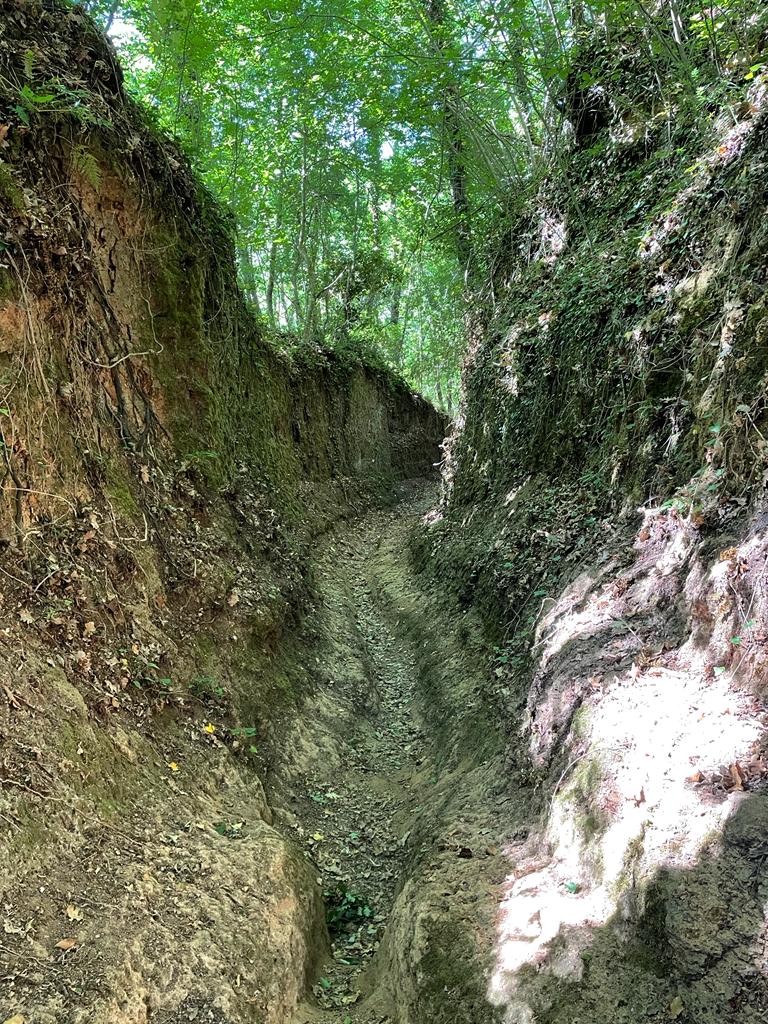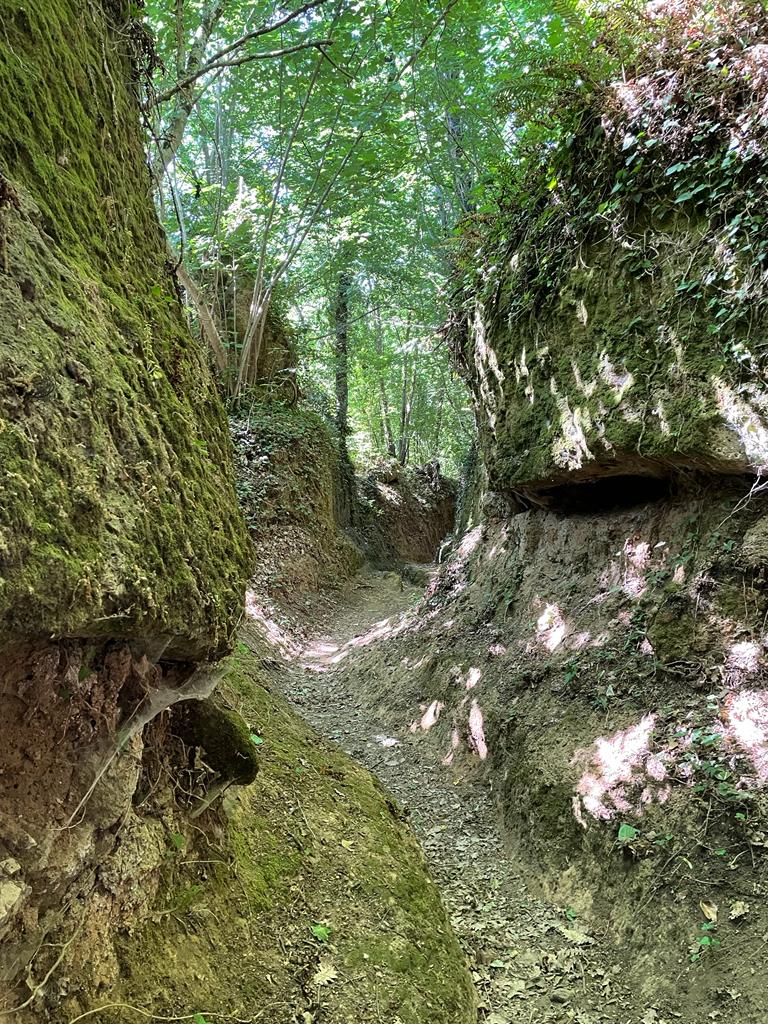I began my trip to Israel on a Thursday morning. After an easy two-hour shuttle ride to the airport, I checked my bag, breezed through security, and walked straight to the gate.
Flight delayed…Flight cancelled. Delta Help Desk handed me a coupon for a hotel that night and rerouted me on next day’s flight to Charlotte NC and from Charlotte to JFK, where I could catch the late-night flight to Tel Aviv.
Alone for a month before the trip, I had been working hard to finish the third book of my Leah Contarini Mystery Series. During that month, I was at the computer every day, excepting an hour’s walk through the luscious cold of a Bear River Range winter and the hour it took me to shovel the daily snowfall from our driveway and sidewalks.
My work was done. I had been given a hotel room; I had a flight. I had no heavy luggage to wrangle. I began to feel lighter. The weight of the previous month’s tension and tight muscles caused by the intense work of finishing the manuscript had dissipated and seemed inconsequential. I left the airport for the hotel feeling light and free. Free to let my mind roam.
The following morning, waiting outside in the crisp air for the shuttle back to the airport, I met a woman. She was an Hispanic woman from Miami, dressed in chic clothing. Her hair and makeup were professionally done, her glasses chosen to enhance her fine face, and she wore discreet gold on both wrists. We were standing near each other at the top of the steps, staring out at the snow-covered mountains, when she turned to me and said, “This is the first time I’ve ever seen snow.”
Since I was accustomed – winter after winter – to shoveling so much snow it made 6-foot walls down each side of our driveway, her words astounded me. Someone who had never seen snow!
I know of course that there are millions of people in the world who have never seen snow. But it had been a long time since I spoke with someone who was seeing it for the first time, and there was something in the way she was looking at the mountains that I couldn’t immediately identify. The significance of snow appeared to mean more to her than just the new experience of seeing it.
I asked if she were moving to the West. She hesitated, and as I waited for her response, I watched her face. She was worried.
It turned out she was a semi-truck driver. Her usual route was Miami, Texas, Southern California, and back again, but she’d been reassigned. She was on her way to Montana where she would be driving a semi along a northern route, through the mountainous West. I let the thought sit. She had never seen and had never driven in snow. She had left behind a world she knew and was on the way to a job, a potentially dangerous job. I felt a sudden protective sense toward her and wished I knew more about the sort of courage she possessed to take on that job.
I couldn’t have articulated it at the moment, but I had entered a liminal world. Like the people around me in the airport and on the plane, I had left but had not yet arrived.
A liminal world, simply put, is the place (physical, emotional, metaphorical) a person is during a transitional period. You are “inbetween”. If you’re an adolescent, you’re no longer a child, but you’re not yet an adult; if you’re a bride or a groom, you’re no longer single, but you’re not quite married. If you’re an immigrant at a citizenship ceremony, you’re no longer an alien, but you’re not quite a citizen.
It was with that woman’s story that I began to feel how all of us headed for the airport were in a liminal state. I thought of Chaucer. As travelers, all of us on our way to the airport and in the airport were in at the least, the liminal state of a traveler. We were on the move: moving from airport to plane to airport to plane: situation left vs. situation anticipated. I’d left my American home and was going to my Israeli home. I was gone and yet not arrived. I had entered this liminal space by leaving a life in the American West and flying toward my very different life in Israel.
Neither home nor home, hiatus: not writing, no more orientation by my mountain surroundings and friends, and no more concerns, except basic physical necessities. All I needed to do was float through the airport or sit on a plane and listen to other people in the same state. We were the modern version of Chaucer’s Canterberry Tales. I was filled with the excitement of what I would discover in this liminal state.
What I discovered as I moved through the 2 ½ days of the trip were stories: love stories, stories of fear, stories of tragic loss; stories of divorce and reconciliation, stories of food, stories of yearning, stories of freedom children told by running and shouting in the airline hallways; stories about diets, stories about a beauty salon, stories about living in Jerusalem, stories about terrible illness, stories of a loved-one’s death.
I was floating through the world made small, with a motley crew, all of us existing between what was and what was to come. I listened to their stories; I told mine. I wanted to hear any story any one wanted to tell, and if I hadn’t yet articulated it, I now know that I was being offered a gift any writer desires: stories laden with new understanding of what makes us human.
We’re all homo narrans, shaping our lives as we travel.



